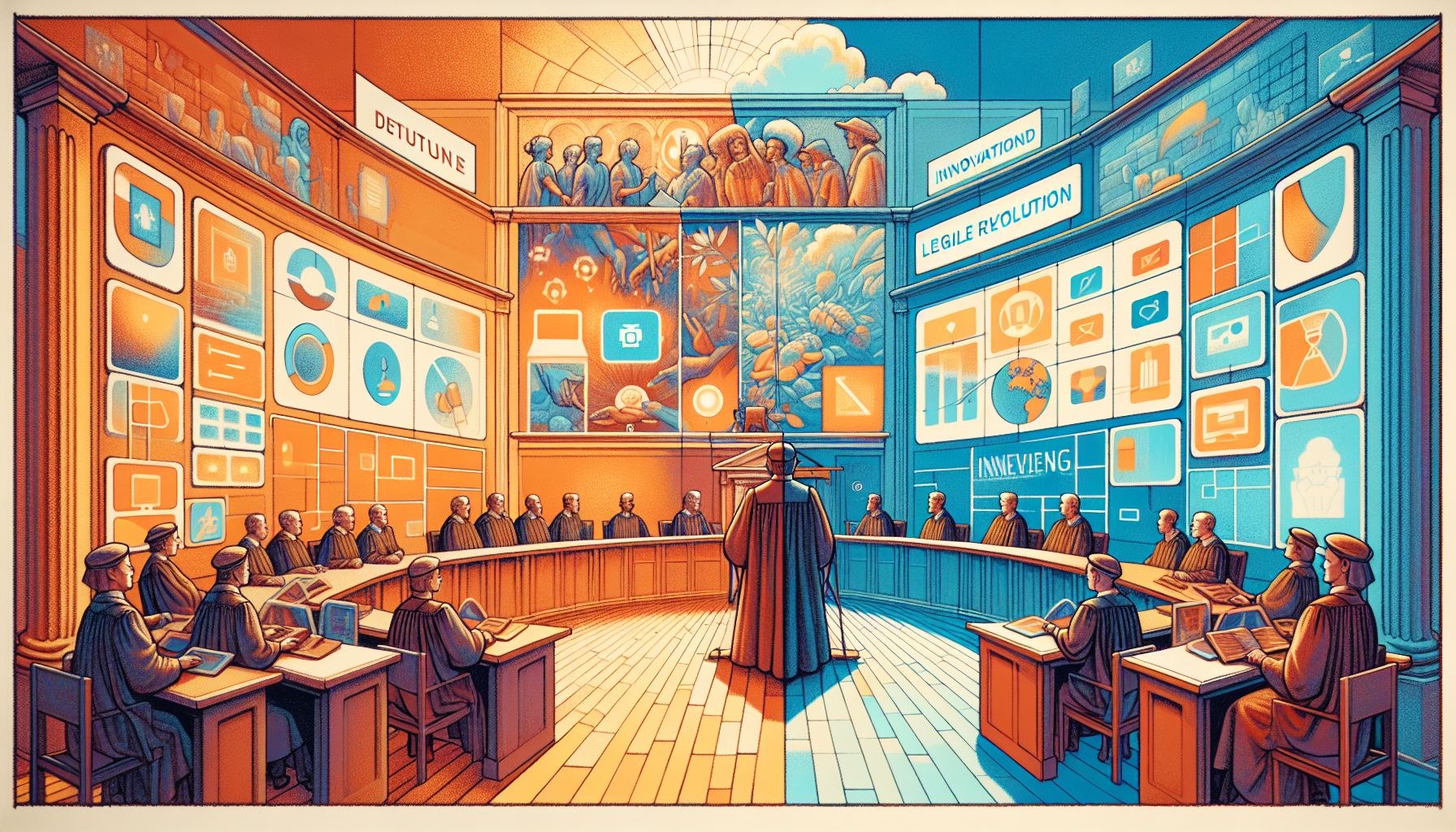Dutch Courts Embrace Digital Revolution: A New Era for Legal Proceedings

The Hague, Sunday, 13 October 2024.
The Dutch judiciary is advancing its digital transformation, implementing innovative online procedures across various legal domains. This initiative aims to enhance accessibility and efficiency in the legal system, using proven technologies and a step-by-step approach to minimize risks and ensure smooth transitions.
A Strategic Approach to Digitalization
The digital transformation of the Dutch judiciary is being executed with meticulous planning and proven techniques. The process is designed to be gradual and controlled, ensuring that each technological advancement is thoroughly tested by both legal professionals and the public before being fully implemented. This methodical approach is part of the broader Digital Access project, which aims to eliminate paper-based processes in administrative and civil law cases. By focusing on digital accessibility rather than merely automating existing processes, the judiciary is making a concerted effort to modernize legal proceedings across the country[1].
Innovative Technology in Practice
The implementation of digital systems in the Dutch judiciary has begun at select courts, allowing for a focused rollout that addresses potential challenges early on. This phased introduction ensures that any issues can be resolved before the systems are extended nationwide. The digital procedures are not only aimed at improving efficiency but also at making the judicial process more accessible to the public. The use of digital tools is expected to streamline case management and reduce the time required for processing legal documents, thus enhancing overall productivity within the judicial system[1].
Challenges and Future Prospects
Despite the promising advancements, the digital transformation of the judiciary is not without its challenges. Concerns about the enforceability of electronic documents and the user-friendliness of IT tools have been noted, particularly in the realm of electronic arbitration awards. For instance, no electronic arbitral awards with qualified electronic signatures have been issued under the NAI Arbitration Rules due to enforceability concerns and technical shortcomings[2]. However, the ongoing efforts to refine these systems and the commitment to digital transformation reflect a strong dedication to overcoming these hurdles. The future of the Dutch judiciary looks set to embrace a fully digital landscape, aligning with global trends towards digitalization in legal processes[1][2].

